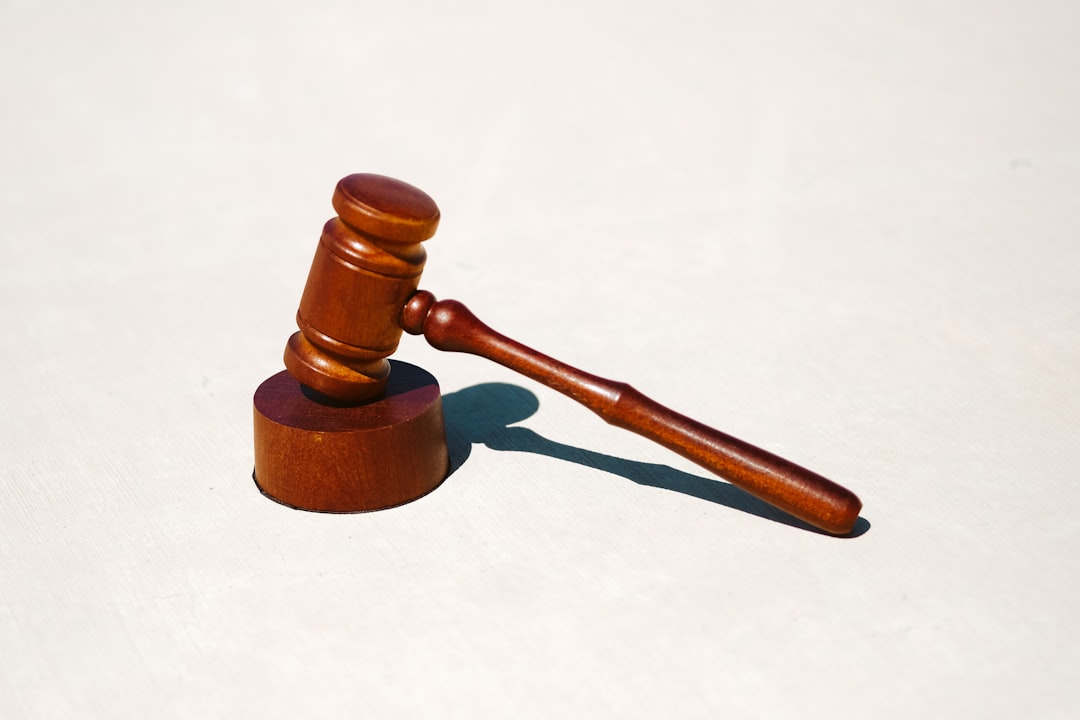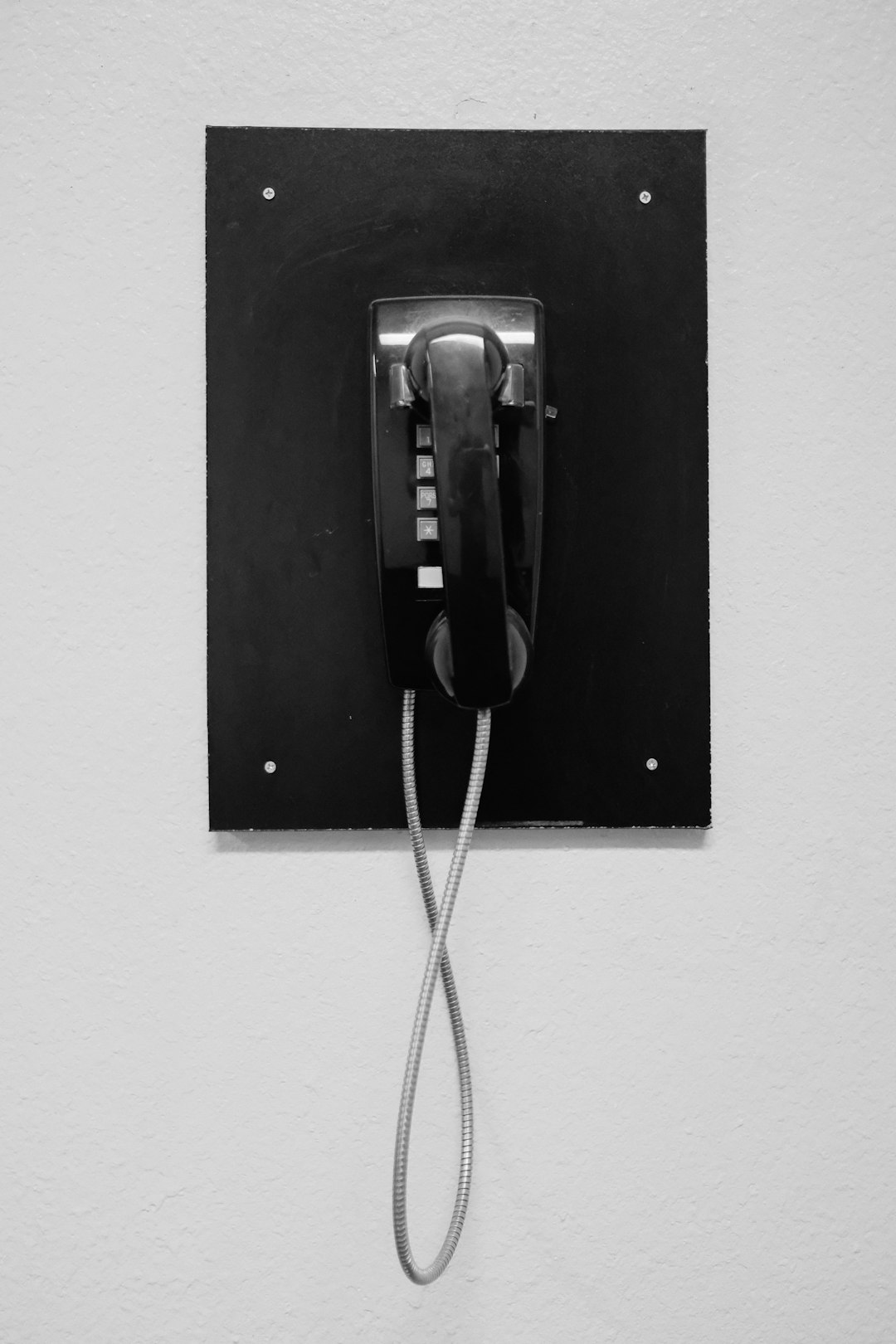Spam calls (unwanted telemarketing) in Minnesota violate federal laws like the TCPA, disrupting businesses and harming customer relationships. To mitigate legal risks and fines, businesses should understand the TCPA and consult a lawyer for TCPA Minnesota. This ensures compliance, fosters positive business environments, and aids search engine optimization with keywords like 'lawyer for TCPA Minnesota'. By adopting strategies including call blocking, data protection, and robust do-not-call policies, businesses can protect operations and relationships from unwanted intrusions. Legal guidance from a specialist TCPA Minnesota lawyer is crucial to navigate evolving regulations and combat sophisticated spamming tactics.
Spam calls, an incessant nuisance, pose significant challenges for local businesses in Minnesota. These unwanted telemarketing practices, often facilitated by automated systems, not only disrupt operations but also carry substantial financial and reputational consequences. With the Telemarketing Consumer Protection Act (TCPA) in Minnesota, businesses must understand their rights and strategies to combat spam calls effectively. Engaging a lawyer specialized in TCPA Minnesota can provide crucial guidance, ensuring compliance and protecting valuable business assets.
Understanding Spam Calls and the TCPA (Telemarketing Consumer Protection Act) in Minnesota

Spam calls, or unwanted telemarketing calls, have become a widespread nuisance, especially for local businesses in Minnesota. These calls often violate the Telemarketing Consumer Protection Act (TCPA), a federal law designed to curb excessive and intrusive telemarketing practices. The TCPA restricts how businesses can contact consumers by phone, with strict rules regarding consent and do-not-call lists. In Minnesota, where many small businesses thrive on personal connections, spam calls can be particularly detrimental, disrupting operations and potentially damaging customer relationships.
Understanding the TCPA is crucial for businesses to protect themselves from legal repercussions. A lawyer specializing in TCPA Minnesota can guide businesses on navigating these regulations, ensuring compliance to avoid hefty fines. By recognizing the legal framework surrounding spam calls, local companies can implement effective strategies to minimize their impact, fostering a healthier business environment and better customer interactions.
The Impact on Local Businesses: Financial and Reputational Costs

Spam calls, or unauthorized automated telephone marketing, have become a significant nuisance and pose substantial financial and reputational risks to local businesses in Minnesota. When customers receive unsolicited calls promoting products or services, it can lead to decreased customer satisfaction and loyalty. Moreover, these calls often result in direct financial losses for businesses due to wasted resources, such as time spent handling the calls and potential legal fees if they violate the Telephone Consumer Protection Act (TCPA).
In Minnesota, businesses affected by spam calls may seek legal recourse through a lawyer for TCPA Minnesota. These legal professionals help businesses navigate the complexities of TCPA regulations and enforce their rights against violators. By holding call centers and telemarketers accountable, local businesses can mitigate these costs and protect their hard-earned reputation in the community.
Legal Implications: How a Lawyer for TCPA Minnesota Can Help

Spam calls, particularly those violating the Telephone Consumer Protection Act (TCPA), can expose businesses to significant legal repercussions in Minnesota. The TCPA is a federal law designed to curb unwanted phone marketing practices and protect consumers from intrusive communications. When businesses receive spam calls originating from automated systems or pre-recorded messages without prior consent, it can lead to class-action lawsuits and substantial financial penalties.
Hiring a lawyer specializing in TCPA laws in Minnesota becomes crucial for local businesses to navigate these complex legal issues. These attorneys have an in-depth understanding of the act’s provisions and can help businesses determine if they’ve been targeted by spam calls. They can also guide companies on how to respond, including documenting evidence, blocking future calls, and potentially pursuing legal action against violators to protect their operations and customer relationships.
Strategies to Combat Spam Calls and Protect Your Business

To combat spam calls effectively, Minnesota’s local businesses can implement several strategies. First, consider investing in call blocking and filtering technologies that identify and block unwanted calls at the network level. Many business phone systems now offer these features as part of their package. Additionally, keeping customer contact information private is paramount. Ensure your marketing materials do not list phone numbers publicly unless absolutely necessary.
If spam calls persist, consulting a lawyer specializing in TCPA (Telecommunications Consumer Protection Act) laws can be beneficial. A Minnesota-based TCPA lawyer can advise on legal options and help craft robust do-not-call policies to protect your business. Regularly reviewing and updating these policies is crucial to stay ahead of evolving spamming tactics.
The Future of Telemarketing Regulations: Ensuring a Safe Business Environment

With the ever-evolving landscape of telecommunications, the future of telemarketing regulations is a crucial topic, especially as it relates to protecting local businesses in Minnesota from spam calls. The Telemarketing Consumer Protection Act (TCPA) has been a cornerstone of consumer protection, but with new technologies and call tactics emerging, its guidelines may need refining. A lawyer specializing in TCPA Minnesota can play a vital role in navigating these changes and ensuring businesses comply with the latest legal standards.
By staying abreast of regulatory updates, such legal professionals can help businesses implement strategies to mitigate unwanted calls, promote responsible telemarketing practices, and foster a safer business environment. This proactive approach is essential as Minnesota’s business community continues to adapt to the challenges posed by sophisticated spamming techniques, ensuring that legitimate marketing efforts thrive while protecting consumers from intrusive and illegal call practices.






